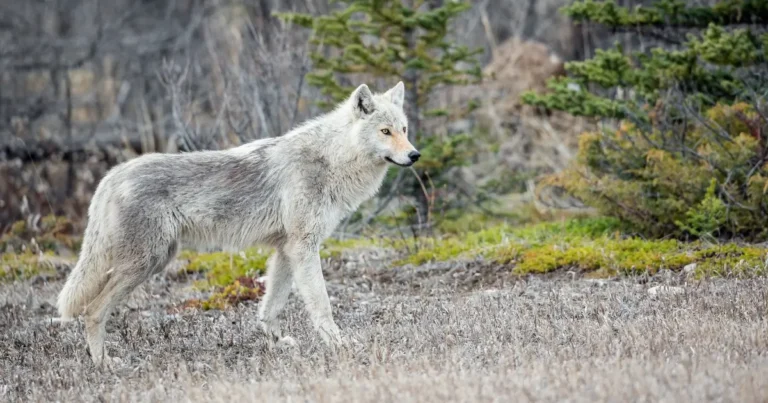
According to the Moscow Times, Greece exported 108 million euros worth of fur coats to the northern country in 2012, which dropped to 86 million euros in 2013. This year, however, is expected to be worse.
The lowering value of the Russian ruble, along with the drop of wealthy Russian tourists visiting Greece, is leading the economic downturn in the industry. And with the ongoing conflict between Russia and the Ukraine – and the expected increase in sanctions – it isn’t looking good for Greek fur producers.
Though the Moscow Times notes that 23 per cent of Greece’s exports to Russia are fur products, the note is somewhat misleading.
Greece has a manufacturing industry – which includes pharmaceuticals, construction products and many commercial foods – worth over 20 billion euros annually. Further, Russia is one of many trading partners the country has – and in most rankings, they're barely in the top 10. Add on the strong shipping and marine-agricultural businesses and Greece’s economy – fragile as it has been – is not to be broken with a decline in fur.
This is also good news for Canada’s fur-bearing animals. As previously noted, the global market for fur is changing – a strong increase in supply with a dwindling demand means prices are plummeting – as much as 70 per cent in North America. And that means fewer animals will be killed for their fur.

